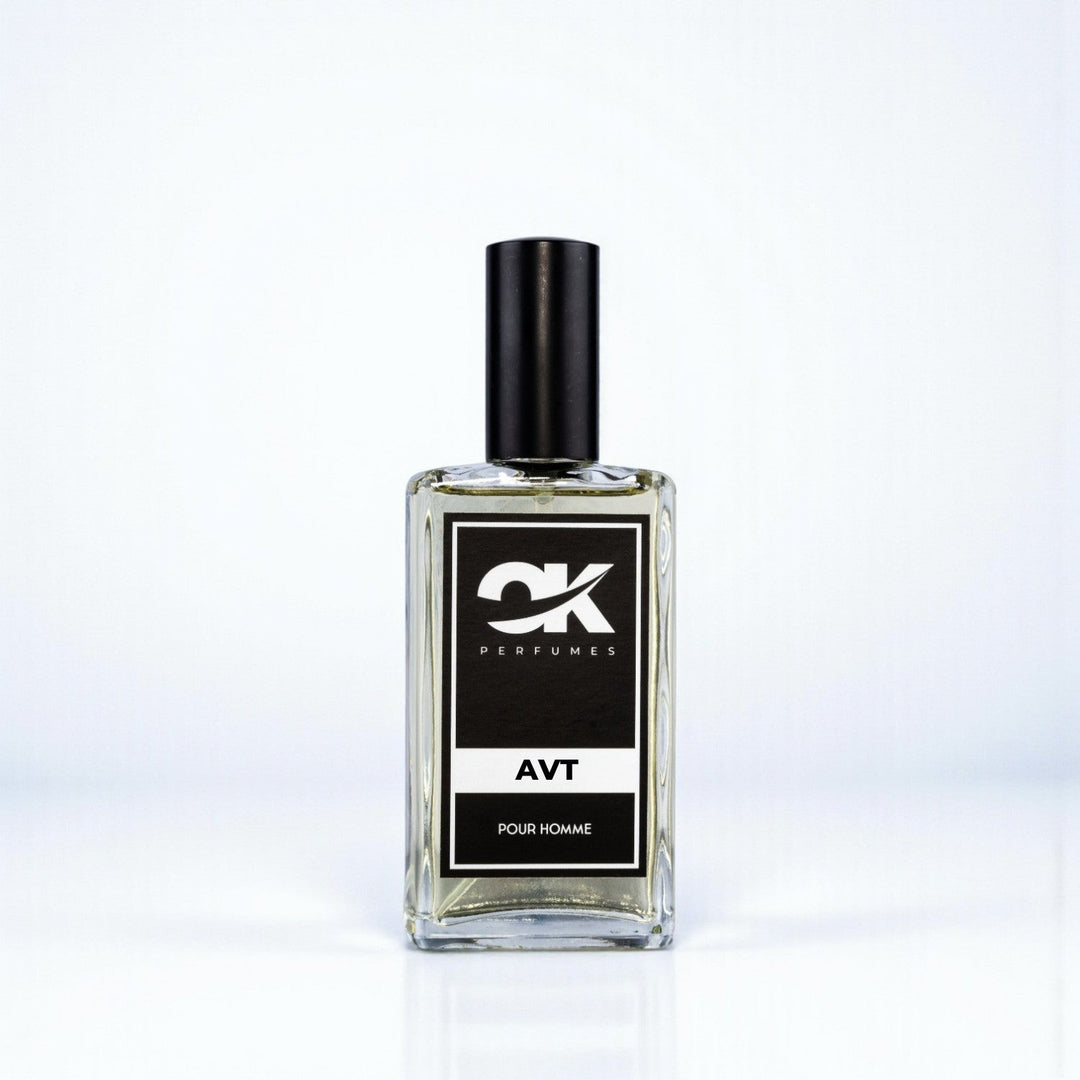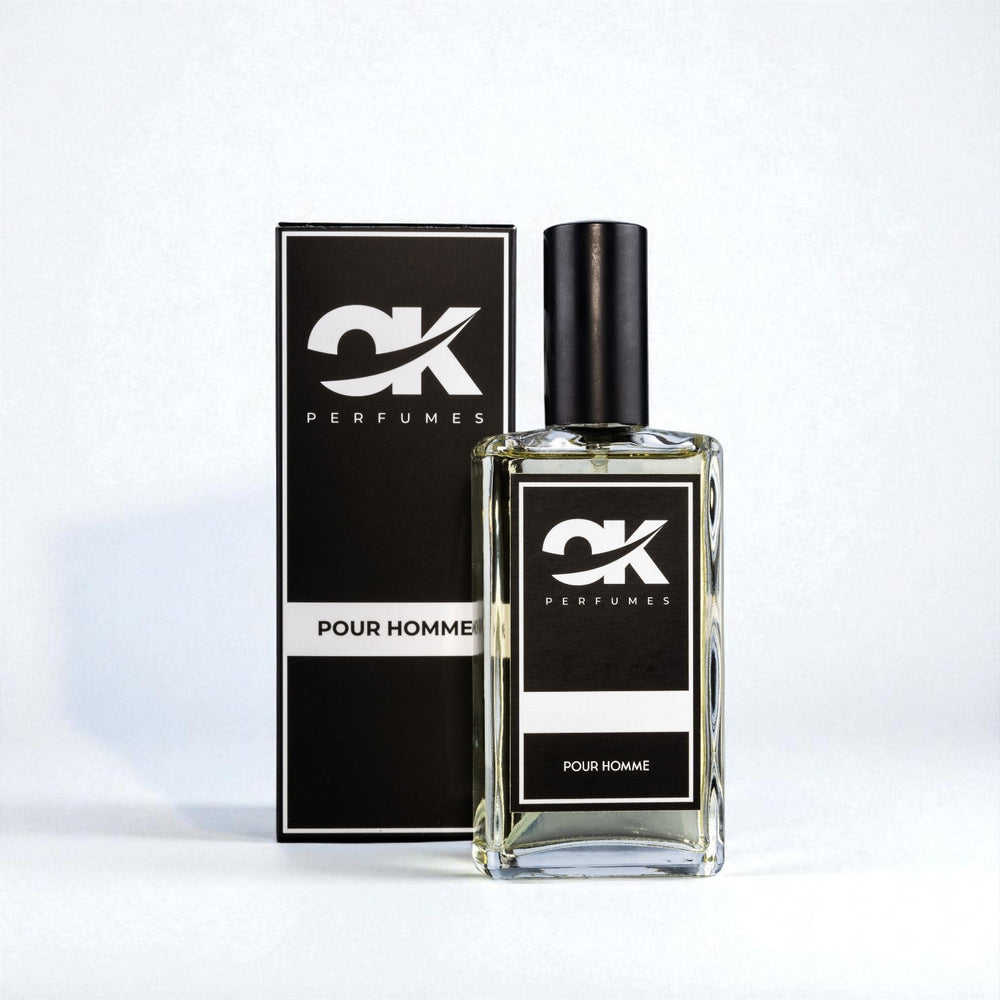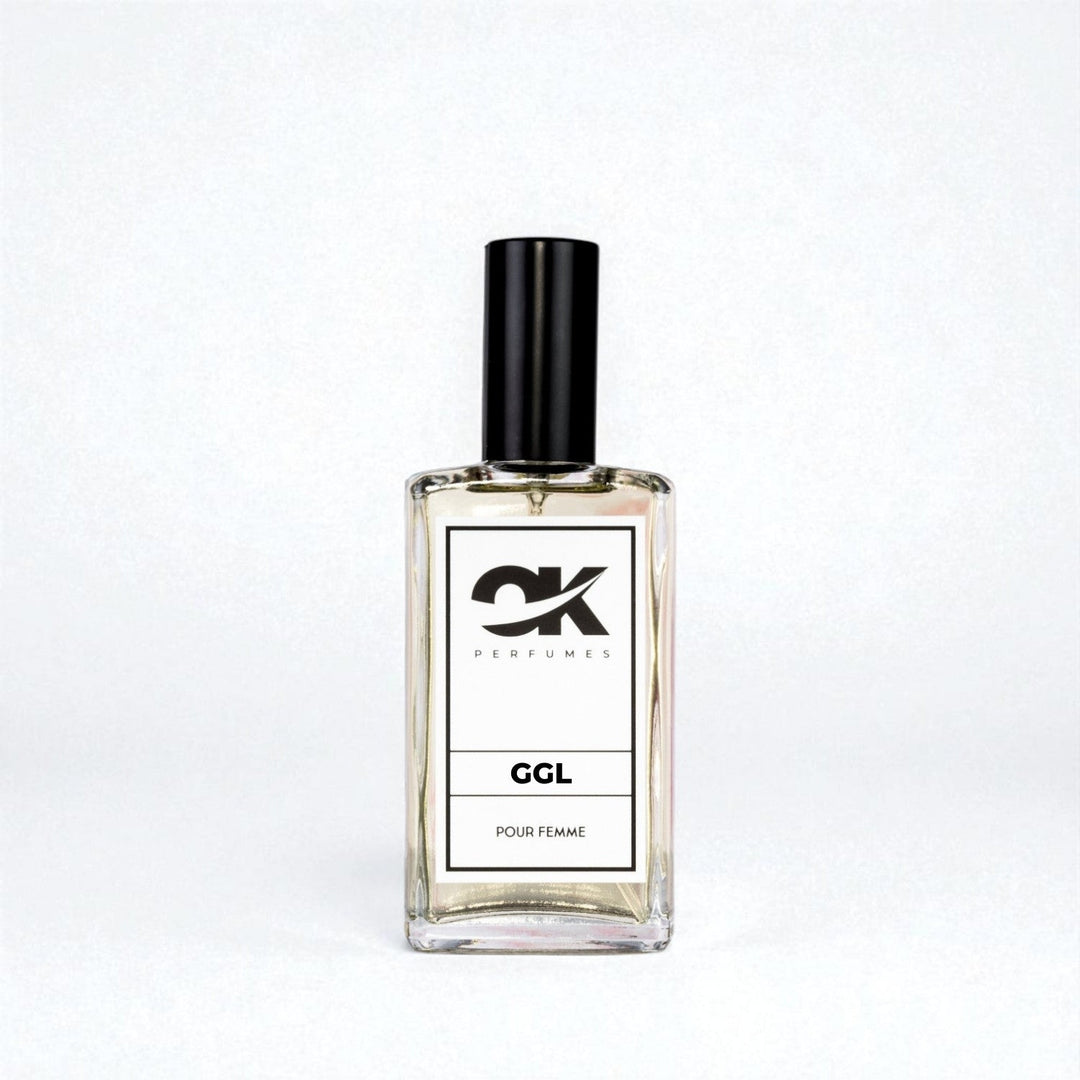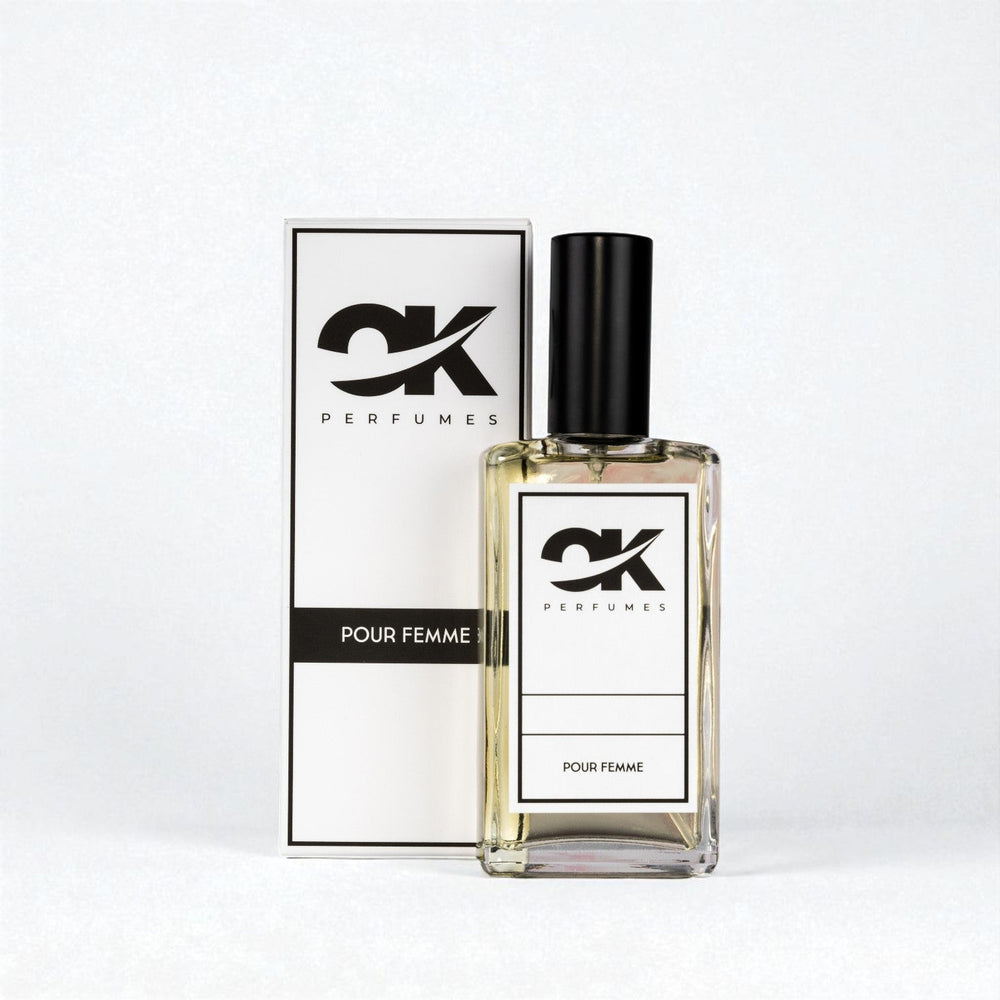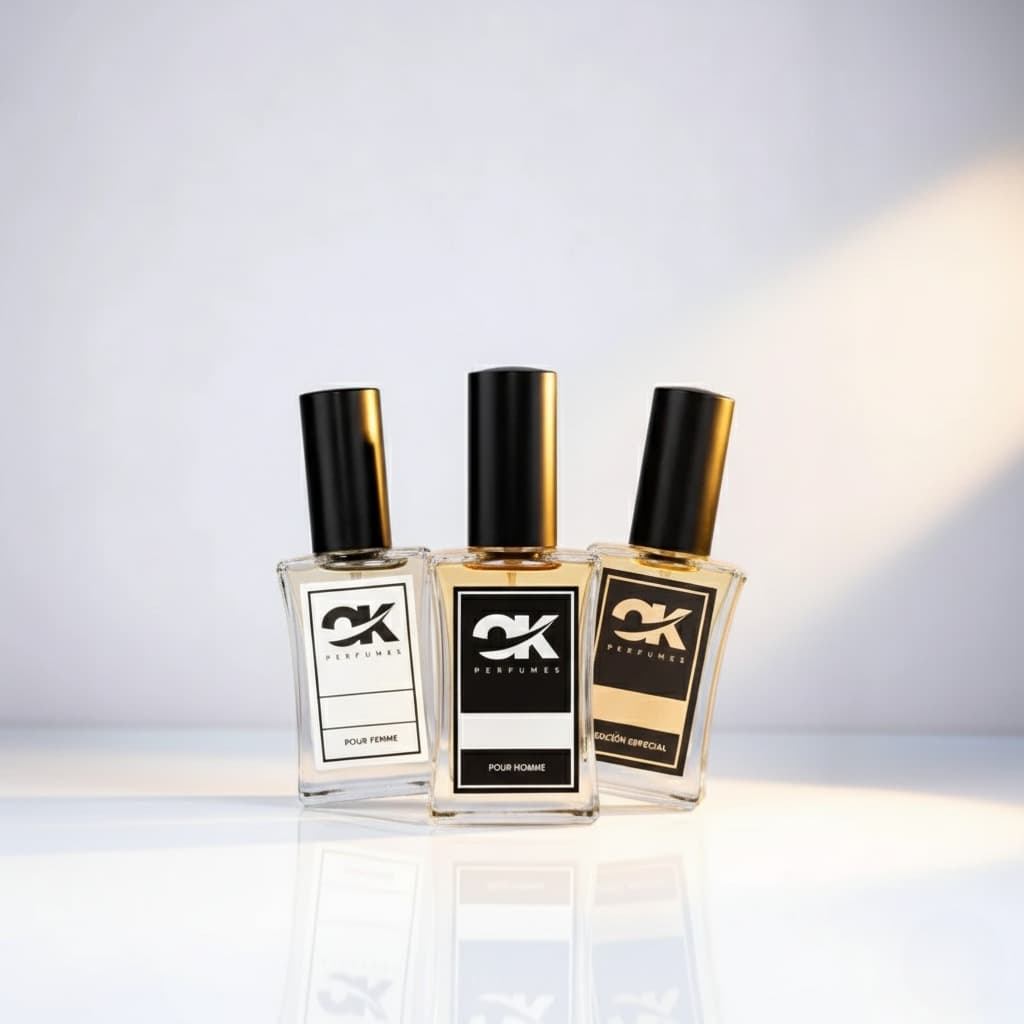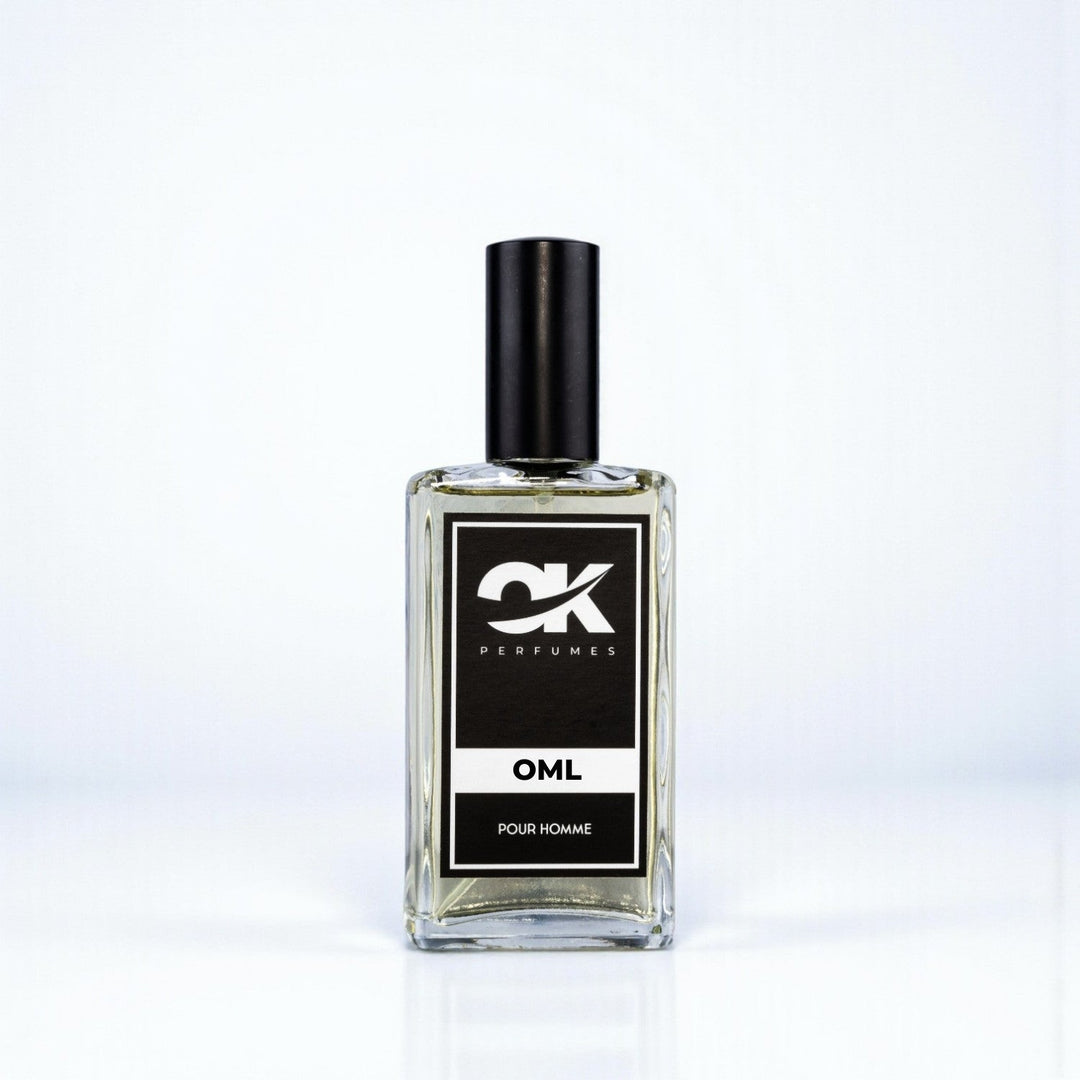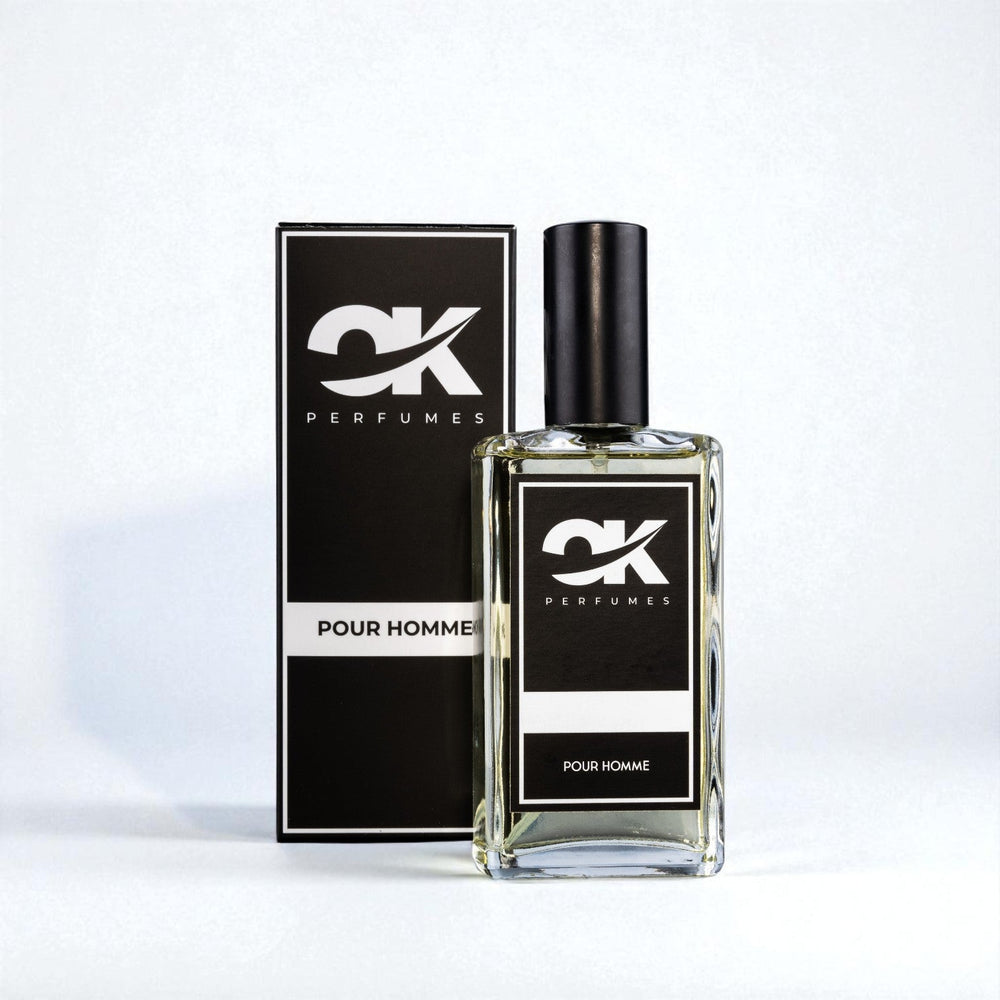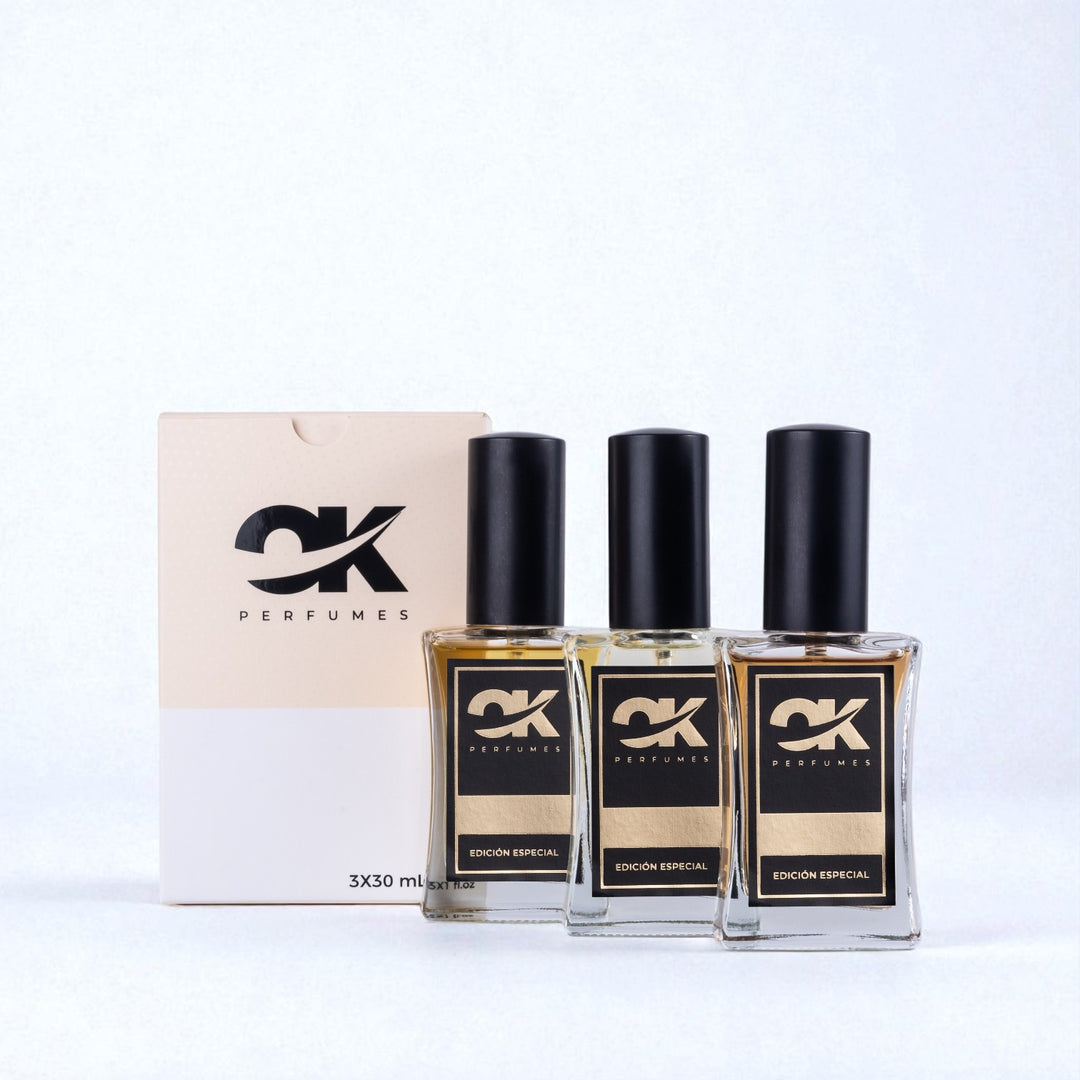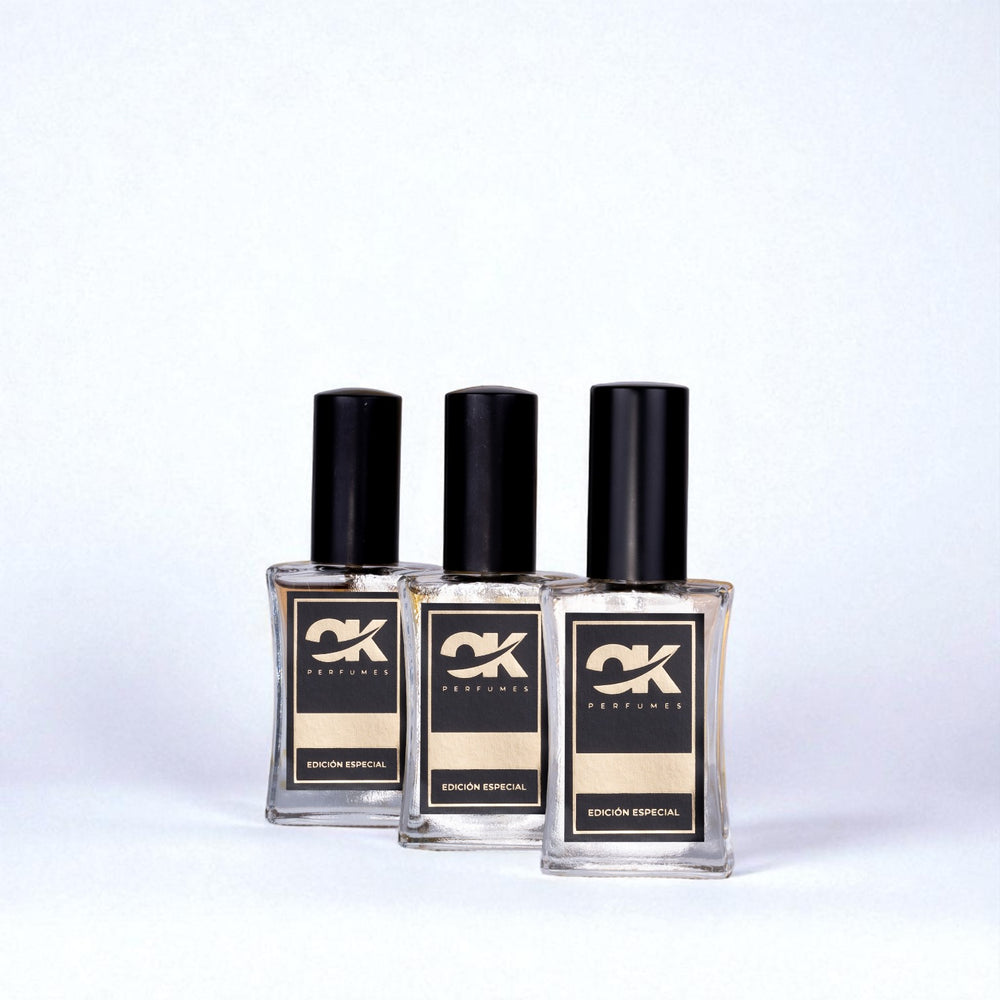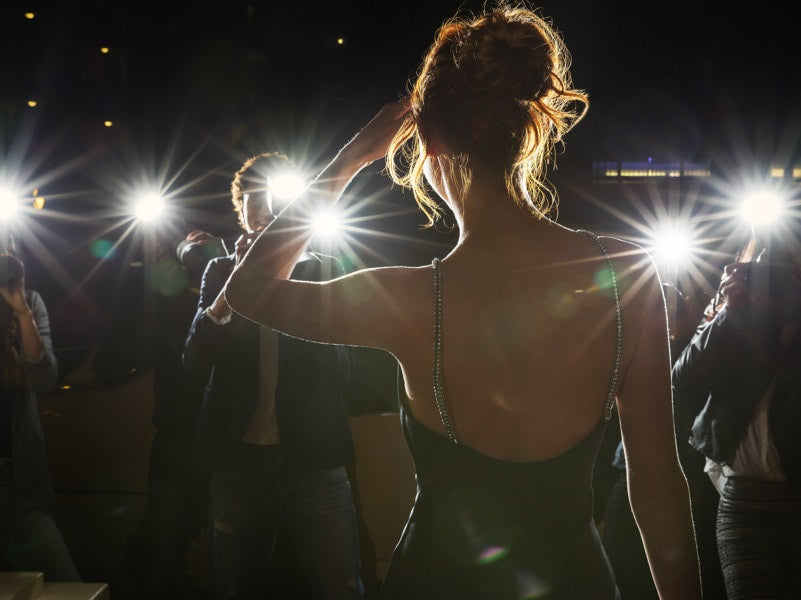The Fascinating History of Perfumes: From Antiquity to Today
Since ancient times, perfumes have been an expression of culture, status, and emotion. Their evolution, dating back more than 4,000 years, has given rise to various fragrances that have defined eras and civilizations. In this article, we will explore the rich history of perfumes, their significance throughout history, and how they have become the expression of personality we find today.
The Early Years: The Origins of Perfumes
The earliest records of the use of fragrances date back to ancient Mesopotamia, where the Babylonians and Sumerians used resins and spices in both religious rituals and everyday life. These scents not only served an aesthetic purpose but were also considered sacred.
Ancient Egypt and the Sacred Use of Fragrances
In Egypt, perfumes acquired a mystical meaning. Egyptians used oils and fragrances in religious ceremonies and embalming rituals. Herbs and spices were extracted from natural sources and combined to create distinctive scents. The famous Queen Cleopatra is known for her use of exotic oils, which made her even more seductive.
The Influence of Ancient Greece and Rome
Greek and Roman culture continued the tradition of perfumes, taking them to a new level. Fragrance became a status symbol, and its use was popular among the upper classes. The Greeks, in particular, valued natural scents, extracting essential oils from flowers, spices, and herbs. The Romans not only adopted this custom but also began experimenting with new combinations.
Perfumes as Art
During this period, the art of perfumery was perfected. Perfumers began to consider the composition of their fragrances as an art form. This led to the creation of more complex fragrances, which included distinct layers of scents. Distillation techniques also began to be used, allowing for more efficient and varied fragrance production. The SAT fragrance of this era was a common theme at banquets and ceremonies.
The Middle Ages: From Perfumes to the Inquisition
The Middle Ages brought with them numerous changes, including a more religious focus that affected perfumery practices. During this period, the Catholic Church frowned on the use of perfumes, considering them a symbol of vanity. However, perfumes did not disappear; instead, they were often used in lotions and ointments to protect and heal the skin.
Renaissance and the Rebirth of Aromas
With the Renaissance, the science and art of perfumery were rediscovered. Spice traders brought new ingredients from the East, expanding the repertoire of scents. It was during this time that perfume production began to be industrialized, allowing for greater availability of fragrances at various price points for the public.
The 19th Century and the Revolution in Perfumery
The arrival of the 19th century represented a radical change in the history of perfumes. The Industrial Revolution facilitated the large-scale production of fragrances. Perfume houses began to emerge, creating innovative formulas and products. During this period, chemistry and perfumery combined, leading to the synthesis of new scents that had never existed before.
New Fragrances and Iconic Brands
Iconic brands began to emerge, establishing the fragrance trend we still recognize today. Fragrances like Chanel No. 5 revolutionized the field of perfumery, setting a standard for sophistication and elegance. During this time, the idea that fragrance was a projection of the company's values and aesthetics was cemented.
The Modern Era: Perfumes as Personal Expression
In the 20th century, perfumery became established as a form of personal expression. Fragrances were seen not only as a luxury, but also as a vehicle for people to express themselves. Today, with the variety of options available, everyone can find a scent that suits their personal style.
The SAT fragrance and the Personalization of Aromas
Currently, the concept of SAT fragrance has taken a new turn with scent personalization. Modern brands are delving into the creation of bespoke fragrances, allowing consumers to create their own scent, choosing combinations that reflect their personality and emotions. This has opened many doors in the world of perfumery, inviting greater exploration and experimentation with scents.
Fragrances in Popular Culture
The perfume industry has also found its place in popular culture, influencing various forms of art, film, and fashion. From celebrities launching their own fragrances to films creating narratives around a scent, perfume has become an integral part of our lives.
Key Points of What We Learned
- The history of perfumes dates back to ancient times, symbolizing status and sacred rituals.
- The Greek and Roman civilizations took perfumes to new heights, merging science and art.
- The Industrial Revolution transformed perfume production, making it more accessible.
- Today, perfumes are not just a luxury, but a form of personal expression and a cultural trend.
Towards the Future of Perfumery
The future of perfumery is promising. The industry continues to innovate, integrating technology and new sensory experiences. The use of sustainable methods and respect for the environment are now a priority for many producers. As part of this evolution, the price of perfumes is also expected to adjust, making them more accessible to a wider audience without compromising their distinctive quality.
In conclusion, the journey of perfumes through history shows us not only the evolution of scents and their manufacture, but also the profound connection they have with humanity. From sacred rituals in ancient times to modern personalization, perfumes have been and will continue to be a reflection of our emotions, desires, and aspirations.
So the next time you apply your favorite fragrance, remember that you're not just wearing a simple perfume; you're carrying centuries of history, art, and meaning with you. The world of fragrance is vast and full of surprises and wonders to discover!




